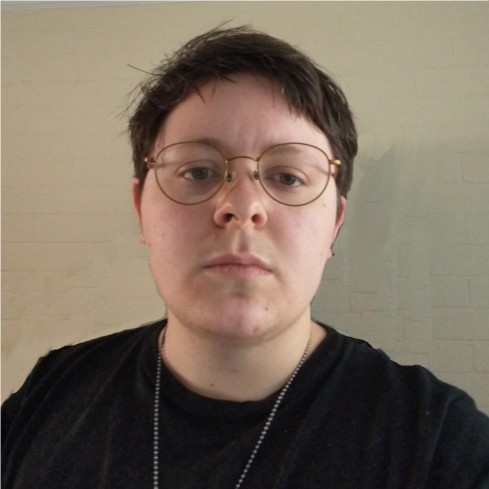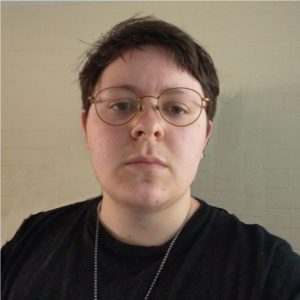
LGBTQ-inclusive vocabulary added to Dictionary.com
by Fred Kuhr
In-house style guides used by LGBTQ media have historically used terms and phrases that were not yet accepted by mainstream guides, like the Associated Press or Chicago Manual of Style, used by mainstream publications. But it’s always helpful, or at least interesting, for editors when “the dictionary” accepts one of these words or phrases as valid.

To that end, Dictionary.com — which is associated with the Random House Unabridged Dictionary — added eight LGBTQ terms in September. At the same time, it also removed gendered phrased, replacing “him or her” with “their” and “he or she” with “they.”
The changes were part of a larger overhaul that added over 560 new words and phrases in areas including technology and climate change.
The eight new LGBTQ-inclusive terms are:
diverse-owned: (adjective) (of a business) owned by someone who is part of a group historically underrepresented in entrepreneurship, such as women, ethnic or racial minorities, LGBTQ+ people, etc.
amalgagender: (adjective) noting or relating to a person whose gender identity is linked to or impacted by the fact that they are intersex
stealth: (adjective) (of a transgender person) living as a cisgender member of one’s identified gender, without revealing that one is transgender
polysexual: (adjective) noting or relating to a person who is sexually attracted to people of various genders, but not necessarily to people of all genders
polyromantic: (adjective) noting or relating to a person who is romantically attracted to people of various genders, but not necessarily to people of all genders
autosexual: (adjective) noting or relating to a person who primarily feels sexual attraction to and desire for themselves, as opposed to other people
autoromantic: (adjective) noting or relating to a person who primarily feels romantic attraction to and desire for themselves, as opposed to other people
gay marry: (verb) to marry a person of the same gender
In terms of the dictionary’s non-gendered phrasing, take the example of “volunteer.” The noun used to be defined as “a person who voluntary offers himself or herself for a service or undertaking.” The new definition reads, “a person who voluntarily offers to perform a service or undertaking.”
Dictionary.com lexicographer K.E. Callaway told LGBTQ Nation, “On the inclusivity side, ‘his’ or ‘her’ does not include people who use other pronouns. In terms of usage, ‘they’ is simply much more common as a generic pronoun than ‘he’ or ‘she,’ including in spoken and all but the most formal types of written English. In fact, this has been the case for decades, even though people rarely notice it in speech.”
“By making this change, we have made our entries more similar to how people actually speak and write,” Callaway added, “hopefully making the entries more natural-sounding — and thus more accessible to readers.”
“Gender and identity have been particularly dynamic, and productive areas of language change in the past 15 years or so,” John Kelly, vice president of editorial at Dictionary.com, told NBC News. “Whether it be socially or medically, there is a vocabulary component that is emerging, breaking through into the mainstream, that people need to know that they’re going to encounter.”
Kelly is aware, however, about how there can be political resistance to the acceptance of such language.
“Language really is a lightning rod,” Kelly told NBC News. “All of a sudden it can feel, when these new words get announced, that there’s an agenda behind it. I want to be clear: There isn’t an agenda; there is documentation. … Whether we like it or not, whether we agree with it or not, whether it’s our personal views or not, it’s our job to be a service to people to capture that language as objectively as possible.”
IN THE NEWS
Volume 25
Issue 8








